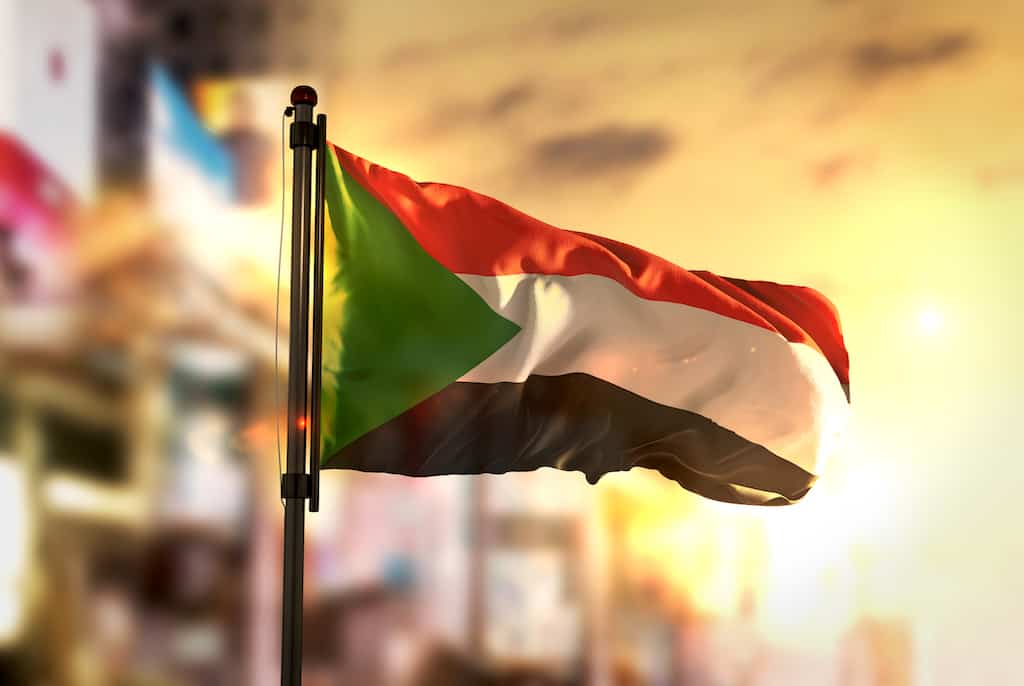First workshop held with the Sudanese Judicial and Legal Sciences Institute in Khartoum
On 28 February, 1 and 2 March 2021, the Max Planck Foundation implemented the first workshop within the framework of its new project entitled “Legal Training of Judges, Attorneys, Prosecutors and Lawyers in Public Service at all levels of the Judiciary and the Administration in Sudan” funded by the German Federal Foreign Office and supported by the German Embassy in Khartoum. The workshop was implemented in cooperation with the Sudanese Judicial and Legal Sciences Institute and representatives of the various legal professions and members of the legal institutions in Sudan, including judges, police officers, consultants of the Ministry of Justice, the Attorney General’s Office, and the Bar Association convened. Topic-wise the individual workshop days focused on 1) access to courts, 2) independence of judges and courts as well as the 3) interrelationship of criminal procedure and the constitutional charter. While the participants met in Khartoum, the Foundation facilitated the sessions and held the presentation from Heidelberg, Germany, and the UK.
On the first day, the workshop was opened by the Dean of the Judicial and Legal Sciences Institute in Khartoum Judge Sawsan Shendi as well as by Professor Wolfrum. The individual sessions during the three days always started with a presentation on the topic to be discussed on that day during which key points were outlined to trigger a discussion among the participants that followed the presentation. The presentations were complemented by legal cases to be discussed.
The discussions throughout the workshop were very vivid and participants used the opportunity to openly engage with each other as well as the experts. During the discussions, a focus was lied on the independence of the judiciary the participants showed a great interest to discuss the ways how the independence of the judiciary can be guaranteed, and the status quo strengthened. Despite the digital implementation, the Foundation successfully implemented the first workshop within the project and it envisages continuing online implementation until a time when travelling is viable again.

